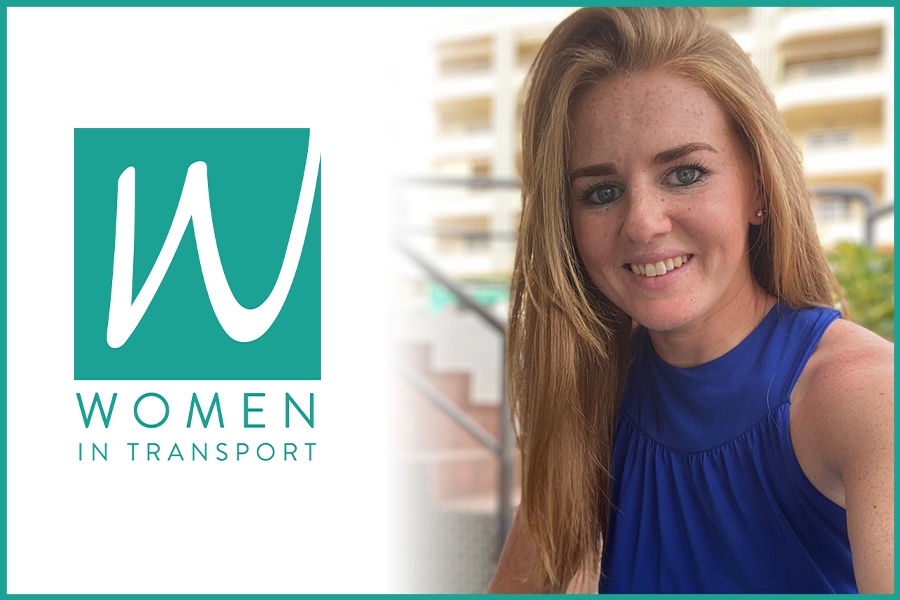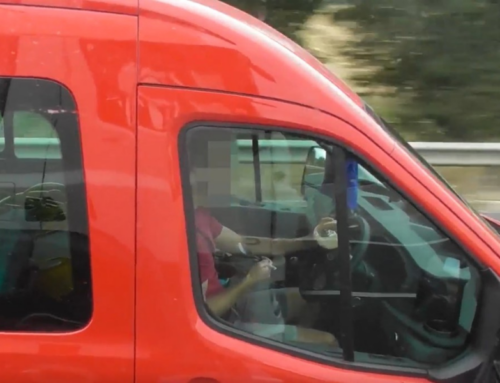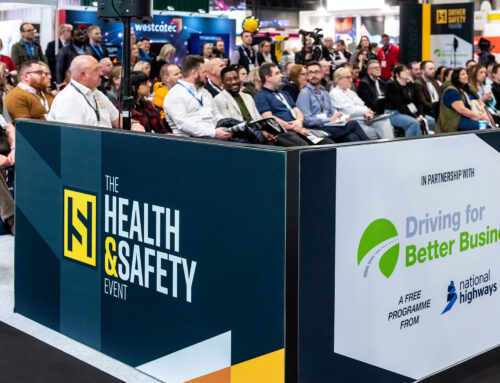6th June 2022
Sami Bowler
Horse-rider, racing driver, HGV expert and transport consultant: Sami Bowler throws out the stereotypes
Sami Bowler is a 30-year-old External Transport Manager from Cheshire and has been involved in the family haulage business since she was tiny, living on a farm surrounded by wagons, farm equipment and heavy machinery.
Growing up in Stockport, Sami has come from a background of sport at the highest level. After successfully representing Great Britain in both Horse Riding and Cheerleading, Sami is no stranger to competition.
With a fierce desire to win and an upbringing surrounded by engines it was only natural that Sami made the decision to add motorsports to her growing list of accomplishments.
Sami passed her car driving test aged 17 then immediately took her advanced driving test. She moved on to an HGV Class 2 licence at 18, allowing her to drive a rigid vehicle up to 32 tonnes, so she could take her horses to shows.
Over the last 10 years, she has worked her way up the ladder, passing HGV class 1 allowing her to drive an articulated lorry over 32 tonnes, and learning every job role from Accounts Manager to Abnormal Load Officer to HGV STGO * Driver and finally, Transport Manager and Director.
During the Covid19 pandemic, the family business furloughed most of its drivers, so she was driving every day as well as running the day-to-day admin.
At that point, she had a race car and was running a race team – as well as managing her horses – and realised she enjoyed the transport manager work more.
“I actually love the paperwork, putting systems in place, and helping train others to do better,” she says. In October last year, she stepped back on the family business and took the decision to operate her own business as a sole trader offering transport manager services to other companies.
What do her clients want?
“Some simply don’t have the staff for anyone to take on the Transport Manager role. Others may have had a roadside encounter with the DVSA or had an MoT failure, and been put on amber. As many transport managers will know, the OCRS (operator compliance risk score) is used to calculate the risk of an operator not following the rules on roadworthiness (the condition of its vehicles) and traffic, for example drivers’ hours or weighing checks. If your OCRS is high, it’s more likely that your vehicles will be inspected.,” she says.
“One client approached me having dropped into the red because they’d had two MoT fails and were due a visit from the DVSA to conduct an audit.”
She helped put the systems in place to make sure they were compliant and could provide evidence of setting goals to get them back to a green rating.
“Some smaller operators don’t fully understand their operator responsibilities and see haulage as a lower priority than their main business, for example an aggregates business that needs to operate HGVs to function.”
Is logistics suitable for women, what can employers do to attract more women into the sector, and what advice would she give to any woman wanting to begin a career like hers?
“Well, it’s not glamorous, so it does put some people off,” she says.
“If there were more training available it would give women more of a confidence boost. Shadowing on the job is a great chance to learn. Knowing your field gives you confidence – and never turn down any opportunity for professional development. The Transport and Logistics Industry is very challenging at times yet incredibly rewarding.”
Sami says that she is new to the Driving for Better Business programme but has started looking through the online resources: “I am really surprised at how user friendly and informative it is. I certainly will be using the tools for Professional Development with my clients and their staff,” she says.
*Special Types General Orders are a set of regulations which allow unusual vehicles such as cranes and abnormal loads to be driven on UK highways






